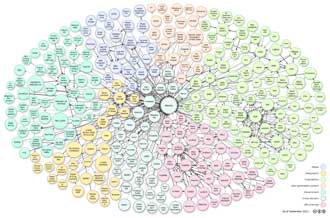 US regulators have approved the sale of IBM’s server business to the Chinese outfit, Lenovo.
US regulators have approved the sale of IBM’s server business to the Chinese outfit, Lenovo.
There had been fears that the deal would be put on ice because the US is currently going through a McCarthy era paranoia over all things Chinese. The NSA was scared that the Chinese would start installing backdoors into their servers, probably because that is just the sort of thing that they would do.
IBM has already divested $16 billion in annual revenue over the past decade from low-margin businesses like personal computers and printers.
However, despite the fact that there was some concern about the deal by the Committee on Foreign Investment agreed that it was probably safe.
Lenovo has been through the secretive CFIUS process three times before and has won approval each time. In this case, it is believed that it argued that all the top-secret server operations would remain under the control of IBM.
CFIUS, an interagency group chaired by the Treasury Secretary, reviews deals that could bring U.S. businesses under foreign ownership and is required by law to assess any transaction involving a state-owned firm.
Lenovo said in a statement that it remains on track to close the IBM server deal by the end of the year.
In fact the deal is more likely to help Lenovo sell its gear in China and the company is less concerned about its US sales. Lenovo has many contacts to sell goods to Chinese companies and Beijing is trying to localize its IT purchases in the wake of revelations about US spying.



















